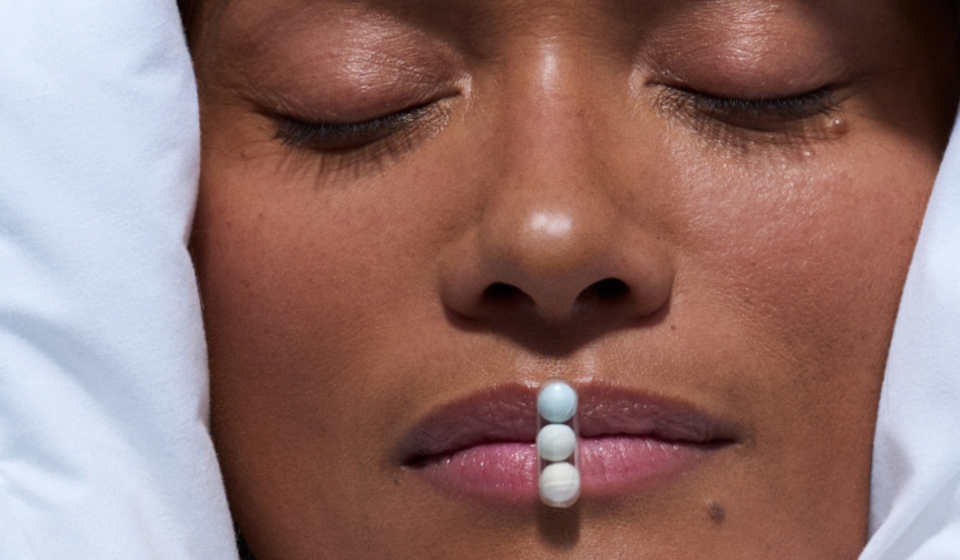Did You Know Melatonin Decreases in Our Body As We Age?
If you’ve ever wondered why babies' sleep is so finicky and teenagers seem like they could sleep 23.9 hours of the day, there’s a reason. Babies are born with very low levels of melatonin, which rise steadily until they peak in early childhood or puberty before gradually declining as we age. While melatonin drops as we get older, so does the efficacy of sleep and circadian rhythms. Aging — which is always fun and has never been an inconvenience until now — causes a decrease in melatonin (3) Melatonin production can also be stalled when the body’s internal clock doesn’t match up with the environment around us—jet lag, shift work, or interrupted sleep can all inhibit melatonin production, which means the pineal gland doesn’t send the signal to sleep when you really want or need to. This is where melatonin supplements might be useful.*
Is It Ok to Take Melatonin Every Night?
It’s usually safe for adults to take melatonin every night for short periods of time. (6) Best practice is to take a melatonin supplement around the same time it’s released in the body, and for most people, this is about an hour before bedtime. This allows for the melatonin to be released into the bloodstream and sends the message to the body that it’s time to hit the hay. Supplementing with too much melatonin can disrupt the circadian rhythm and have the opposite effect on sleep, which is why it’s important to start slow and find the dosage that works for you.*
How Much Melatonin Should I Take? Here’s What We Know
While there is no official dosage recommendation for melatonin, it’s thought that somewhere in the 1–5mg range is supportive for most adults. FYI: Higher doses aren’t necessarily better, and that’s why our scientists formulated our Sleep BioSeries™ Melatonin with 5mg of instant and extended release Melatonin to help fall asleep, stay asleep, and support restful sleep. Our innovative 3-in-1 tablet is designed in three phases, helping the body get an instant and extended release of melatonin. Here’s how the BioSeries™ technology works:*
• In the first dose, 1mg of instant-release Melatonin to support falling asleep.*
• The second dose of the capsule contains 3mg of extended release Melatonin to support restful sleep.*
• The third dose of 1mg extended-release melatonin adds a low 1 mg dose of Melatonin that tapers off by morning.*
How Long Does It Take For Melatonin to Work?
Still counting sheep, wondering when this melatonin will get going?
Most people start to feel the effects of melatonin after about an hour, but keep in mind that the dosage and frequency of taking melatonin can affect how quickly it works. Our Sleep BioSeries™ Melatonin is designed to work gradually, releasing melatonin throughout the night to support a natural sleep-wake cycle.*
Much like us, after a night of rocky sleep, our sleep-wake cycle and circadian rhythm are delicate in nature and sometimes easily thrown off. A long-haul flight, working into the night, or having multiple wakeups (babies and kids, we’re talking to you) are just some examples of things that can affect sleep. Remember, simply getting the hours in isn’t enough. Sleep has to cycle through all its stages (NREM and REM sleep) undisturbed for restful sleep. When our sleep needs a little nudge in the right direction, a melatonin supplement can be useful in supporting sleep and helping us get that “I just got a good night’s sleep” feeling.*










